Socialism or barbarism or … social democracy with a mature acceptance of limits to growth? That’s the question posed by Kohei Saito’s provocative new best-seller.
by Philip Cafaro
Let me admit right up front that I’m a little jealous. As a philosophy professor who’s written a few books but no best sellers (yet!), I can’t help feeling envious of Kohei Saito’s phenomenal success: half a million copies of Slow Down: The Degrowth Manifesto sold in Japan alone, doubtless with many more to follow now that the book has been translated into English.

Still, I don’t begrudge him his success, because Saito’s book does what philosophy does at its best: help people think more clearly and deeply about important issues. In this case, it is perhaps the most important issue facing contemporary societies: how to create economies that don’t destroy our home planet.
That’s not to say Saito’s answers to this question are all correct; here in this space two weeks ago, Madeline Weld provided trenchant criticisms of Saito’s preferred approach of “degrowth communism.” But Saito lays out the issues clearly and honestly, with minimal jargon. So whether you agree with him or not, you can profit by reading his book and trying to specify your own preferred alternatives.
The book’s first three chapters (of eight) diagnose the problem and explain the insufficiencies of the most common approaches to dealing with it. Economic growth is overwhelming the Earth, threatening a climate catastrophe and other environmental disasters. Technological fixes to ameliorate these environmental problems and accommodate more growth cannot work—so neoliberalism with a side order of green technology is not the way forward. But neither is a Green New Deal or similar efforts to generate “green growth”: more wealth with less environmental impact. Economic growth, itself, is the primary problem. We must end growth and in fact shrink the size of our economies to have any hope of avoiding environmental disaster.
Pause, for a moment, and consider that for the first time in fifty years, a book arguing for an end to growth has become an international best seller. Half a million Japanese people, citizens of one of the wealthiest and most technologically advanced nations on Earth, have thoughtfully considered the possibility that ending growth is indispensable to creating a better world. That fact gives me hope.
Capitalism is the problem
Growth must end to avoid environmental disaster. But, says Saito, capitalism demands growth: we can no more imagine capitalism without a commitment to growth than we can draw a round triangle. So, like green growth, degrowth capitalism, of the sort advocated by Kate Raworth or Herman Daly, is an illusion. Degrowth is the answer, but it cannot be achieved within a capitalist economic structure, where degrowth can only manifest itself as stagnation, recession, depression. Hence we need to explore socialist alternatives.
In chapter four, “Marx in the Anthropocene,” Saito develops an argument that in his later writings, Karl Marx rejected his earlier “productivist” vision of subjugating nature through industry and generating ever-greater wealth to benefit humanity. Instead, says Saito, this late Marx advocated a less “Eurocentric” vision of humanity fitting into Nature’s cycles and preserving its fruitfulness, spending less time on securing economic goods and more on living well, through creativity, attentiveness to interpersonal relationships, and the like.
Saito is an accomplished Marx scholar. I’m not. Still, this chapter seems to me the weakest in the book, trying to make Marx something he’s not — unnecessarily. For in the second half of the book, Saito develops his own alternative of “degrowth communism” in sufficient detail to stand on its own. I think it’s better to skip discussion of whether or not it is true to Marx or traditional socialist thought, and ask the more pertinent question: is it the way forward toward the best human future?
Degrowth communism is the answer
In the second half of Slow Down, Saito lays out his own approach in detail. Contemporary capitalism generates unprecedented economic productivity but also ever more pervasive scarcity. Most of its benefits are funneled to a wealthy minority, while the advertising industry manufactures artificial wants that keep workers working long hours. Personal relations and communal solidarity atrophy, public wealth (real wealth, in Saito’s view) is sacrificed to private wealth, and the well-being of most people declines.
A more egalitarian, more secure, less materialistic and less harried socio-economic system is possible, Saito believes. But it will have to be built primarily through grassroots efforts, not top-down mandates and centralized government control. This puts a premium on social solidarity and voluntary sharing as the motive forces behind economic organization. Saito thus disagrees equally with conventional economic thought, built around “rational self-interest” as people’s prime economic motivator, and with dictatorial 20th century communist regimes in which all important economic decisions were imposed from on high.
Instead, Saito proposes a “communism” focused on small-scale, communal decision-making regarding economic production. Good examples are worker-owned businesses and producers co-operatives. Saito envisions ever larger sectors of the modern economy transitioning away from large corporate domination. In the case of essential services, such as food, housing and energy provisioning, his plea for economic reorganization is backed by the moral claim that access to such services are rights that should be guaranteed. A key (yet debatable) claim is that such guarantees will be more secure with production in the hands of public cooperatives rather than private producers. Meanwhile, Saito envisions unnecessary sectors of the economy, such as stock speculation, corporate consulting and advertising, withering away, along with the “bullshit jobs” they provide.

This withering away of unnecessary sectors of the economy is one important way in which overall economic activity can shrink, providing the environmental payoff needed for genuine sustainability. Saito hopes that this will occur in large part through voluntary consumer restraint (another important and questionable position). As people’s basic needs are met, they will feel secure, and fill the majority of their time with creative and enjoyable activities, rather than piling up superfluous wealth or possessions. This will not occur through “climate Maoism,” frugality for everyone, enforced from the top down, but freely. In a similar way, communal decision-making among producers will lead to business decisions that further social and environmental well-being, not maximal production or profit.
Saito’s vision is not completely voluntaristic and bottom-up; he explicitly rejects anarchism and acknowledges the continued need for national governments to provide policy guidance and coordination. But his preference is to maximize local control in decision-making. And he has faith that freed from the shackles of artificial capitalist scarcity, people will choose social solidarity and ecological sanity, leading to a better world.
Or perhaps degrowth social democracy
I’m generally in agreement with Saito’s diagnosis of the problem, but skeptical of his proposed solutions — at least as the primary path to dealing with the problem. Growing economic inequality and ecological overshoot demand we reform our economies in line with greater social solidarity (including solidarity with other species, something Saito ignores). These reforms must incorporate limits to growth. So far so good.
But realistically, the primary tool for achieving all this must be powerful national governments. They are the necessary counterweight to the economic power of corporations and wealthy individuals, both currently and in any future we may reasonably envision, at least any future with billions of people on the planet.
There is value in the kinds of grassroots economic organization Saito emphasizes; think of the role unions have played in ensuring workers a fairer share of societies’ wealth. But these grassroots efforts and the solidarity they rely on find further outlet in government programs to guarantee health care, old age pensions, mandatory vacation time and parental leaves, and the like; also in laws and policies that protect the power of unions to continue their good work. All this is clear from the history of the past hundred years of European social democracies — the most successful real-world examples we have of sharing wealth and enacting strong environmental laws to protect nature from the excesses of human economic activities.
The main alternative to “degrowth communism,” then — assuming that we must have an end to growth — is degrowth social democracy, with strong national governments serving the common people, not the wealthy or corporate interests. Because degrowth will entail real sacrifice and common people will not make such sacrifices while the rich lord it over them, mandatory limits on the luxury consumption of the 1% must be a prominent part of the overall effort. Social solidarity must be manifested, in part, by citizens willingly limiting their own pursuit of wealth and curbing their own unnecessary consumption — while assuaging some of the pain of this by forcing even more sacrifices by the rich.
Real sacrifice is unavoidable
Saito elides this problem of real sacrifice by overstating how much a shift to degrowth communism will make people happier, with increased solidarity making up for decreased consumption. “Capitalism creates scarcity,” he claims, an insatiable hankering after “more,” while socialism creates abundance. Here he borrows heavily from another degrowth theorist, Giorgos Kallis, who rings many changes on the theme to show (supposedly) that older views about limits are outmoded. In both cases, the claim is that a society whose members genuinely care about one another and organize their economy around social solidarity can painlessly reduce economic activity and achieve sustainability. As Kallis puts it, they will remain within limits without worrying about limits, living with a feeling of abundance, and thus with no need to pile up materialistic superfluities.
I think this is way overstated. It assumes societies composed of philosophers and sages, not normal people with conventional desires for material comfort and well-being, and status. Its leaders are not Macrons, driven around in limousines while telling the commoners to take buses, and its citizens are not gilets jaunes, who notice.
This approach also ignores how much humanity’s current ecological problems are a function of our success, not our failure. Contemporary capitalism may exacerbate the itch for more, increasing feelings of scarcity among well-off people in the developed world. But in recent decades, it has lifted billions in the developing world into a modestly prosperous “global consuming class,” doing much to lock in global ecological overshoot even further. Meanwhile, capitalism, somewhat tamed by social democratic policies to redistribute wealth and limit the environmental damages of industrial production, continues to provide comfortable lives to a billion people in wealthier, developed nations.
Getting all these people to fly and drive less, eat less meat or less exotic globally-sourced foods, etc. etc., will not happen purely voluntarily. It will only happen (if it happens at all) when citizens’ representatives democratically pass laws to limit consumption and production, in order to protect essential ecosystem services and promote the common good. The only feasible path forward involves shared sacrifice, organized and regulated through the mechanisms of powerful national governments, supplemented by binding international treaties. Or so it seems to me.
What about population?
Of course, all this is a tall order. That’s why it’s important to bend the demographic curve more rapidly downward and work toward fewer people globally. In the countries where population is already declining, it’s the one major trend working in favor of smaller economies, and the one capitalists and their lackeys are most concerned to reverse. So it is perverse that contemporary degrowth advocates, by and large, ignore the issue, talking as if human numbers play no role in decreasing the size of our economies.

Saito barely mentions population in his book. This is a striking omission, given the role population “stagnation” has played in slowing Japan’s economic growth in recent decades (while its per capita wealth grew as fast as most). Bringing in population matters would have made Saito’s analysis more realistic. To whit:
* It is unrealistic to imagine eight billion people, or more, living sustainably without strong centralized governments to set limits to their economic activities.
* It is unrealistic to imagine all humanity sitting nicely inside Kate Raworth’s donut ring of “safe space,” between unhappy want and ecological overshoot, without limiting our numbers.
* It is unrealistic to focus on every material aspect of overshoot except the most important one: the sheer number of people that is driving all of them.
The upshot
“Capitalism is the problem,” Kohei Saito says more than once. But the fundamental problem is excessive human economic activity. How much of this can we expect fallible human beings to willingly give up? A realistic answer suggests we will have to limit our numbers as part of the larger effort to create sustainable societies.
Still, degrowth advocates are right: fundamental economic reorganization will also be necessary to achieve real sustainability. So must greater social solidarity and some form of increased regulation of capitalist businesses. While I disagree with much of what it proposes, Slow Down is a searching and sincere attempt to specify a way through humanity’s current ecological impasse. I encourage you to read this important new book.


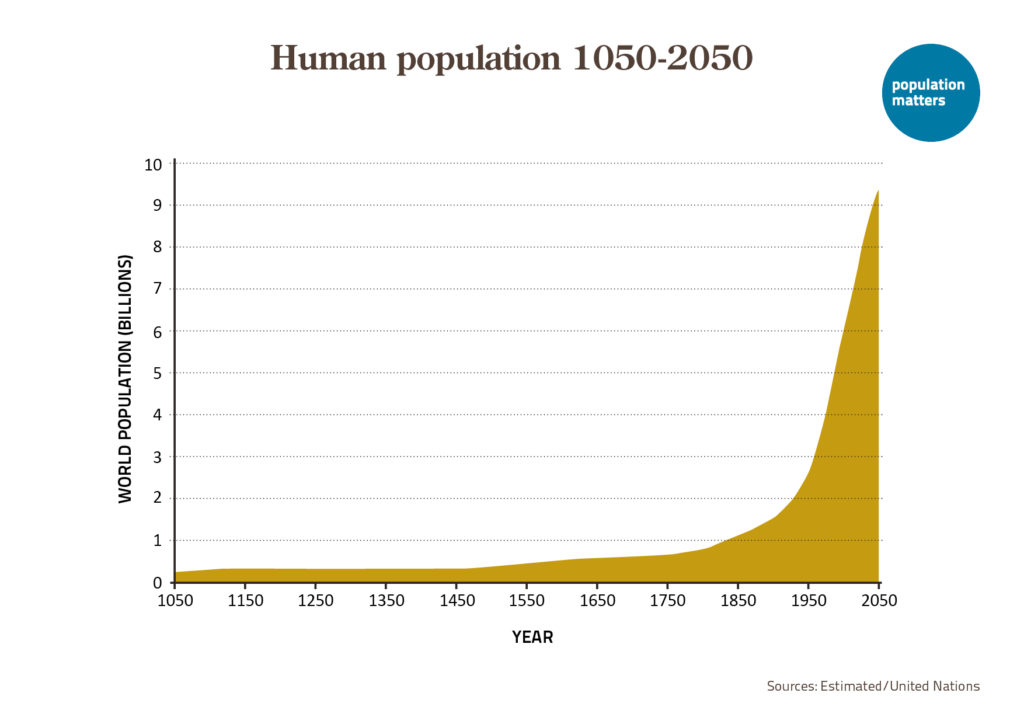
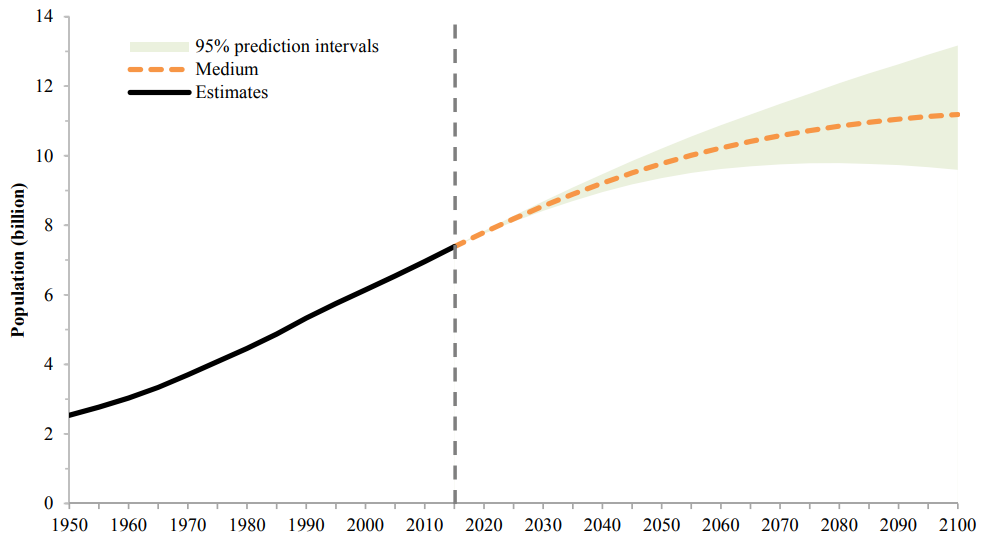
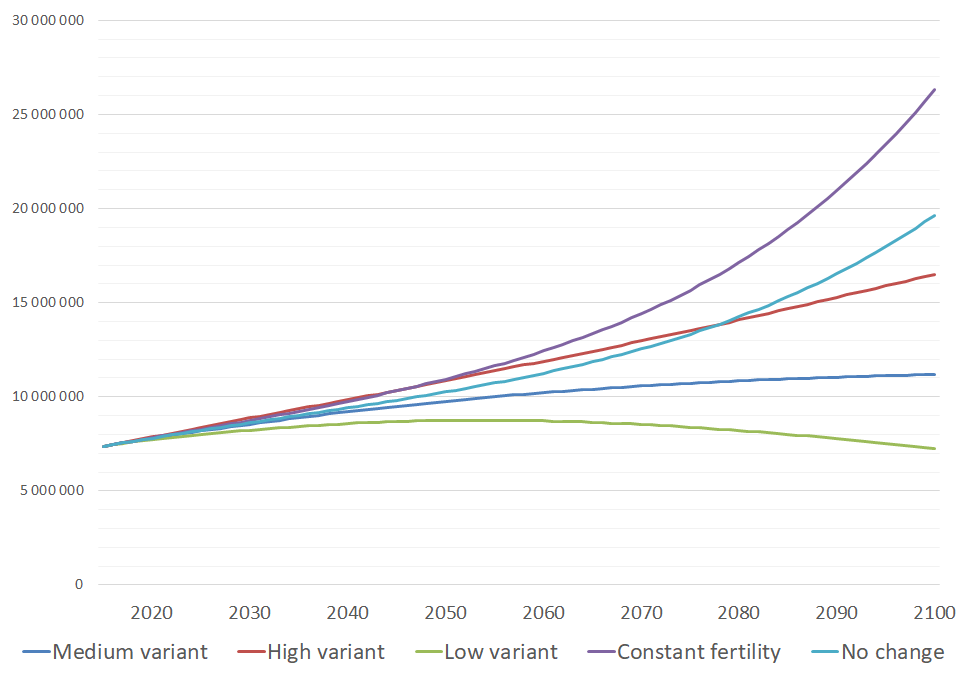
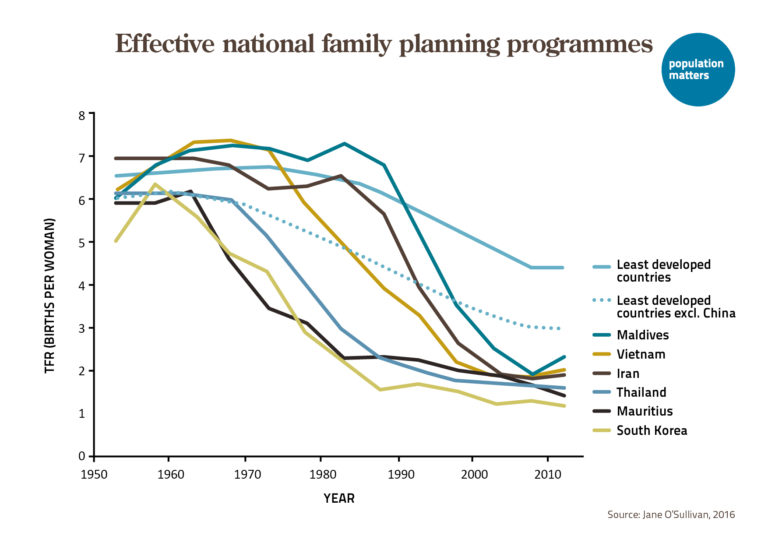

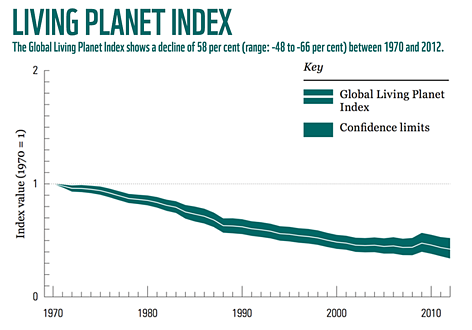
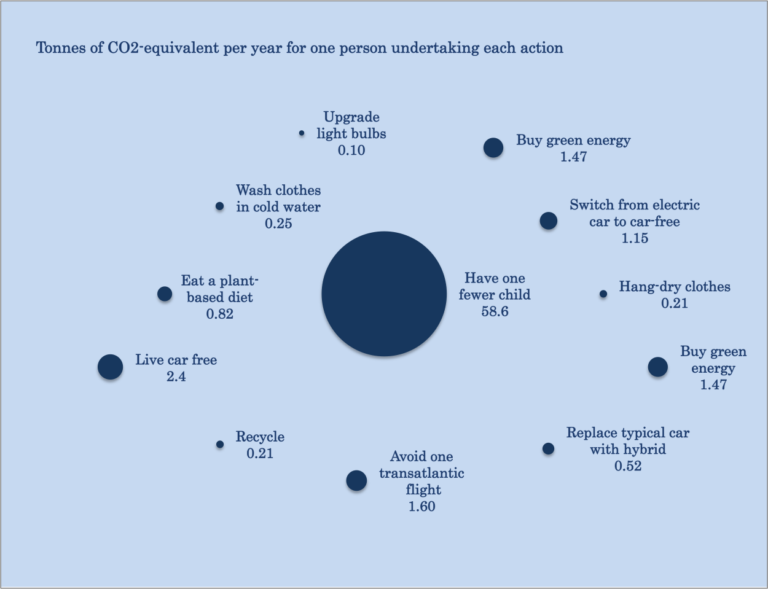
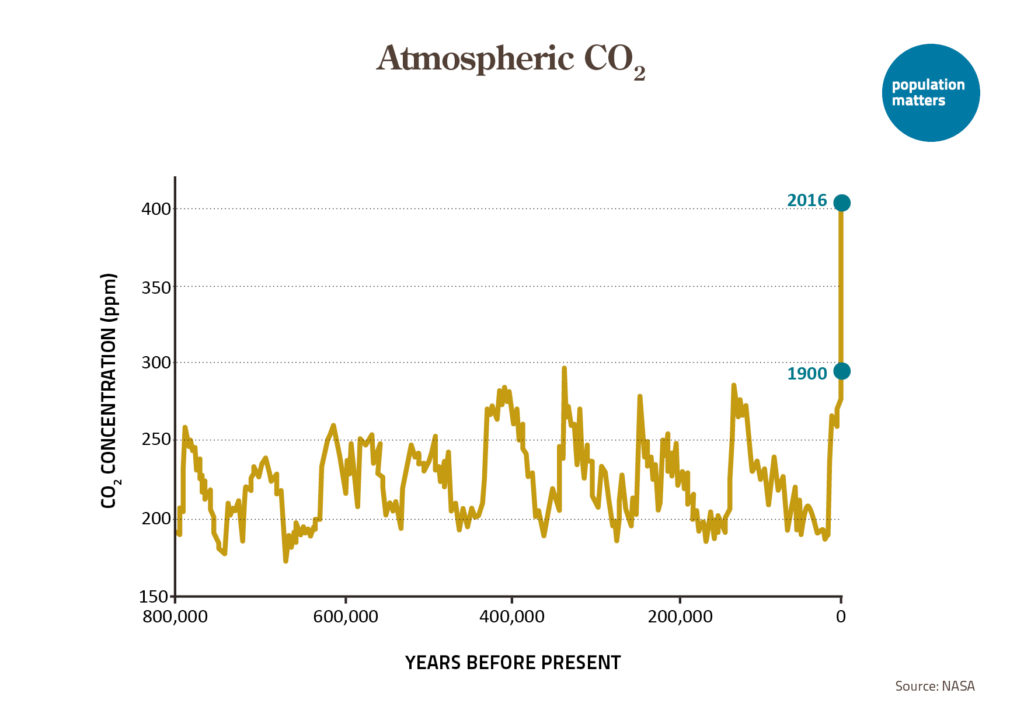
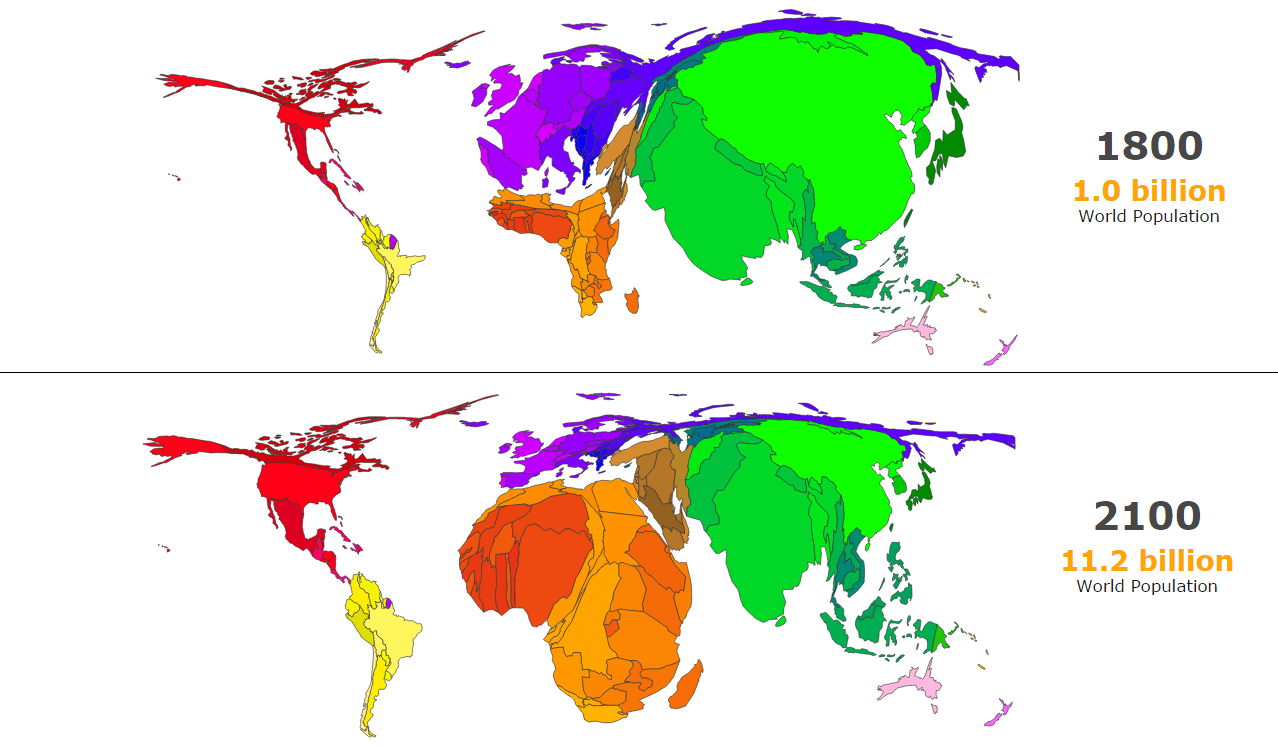
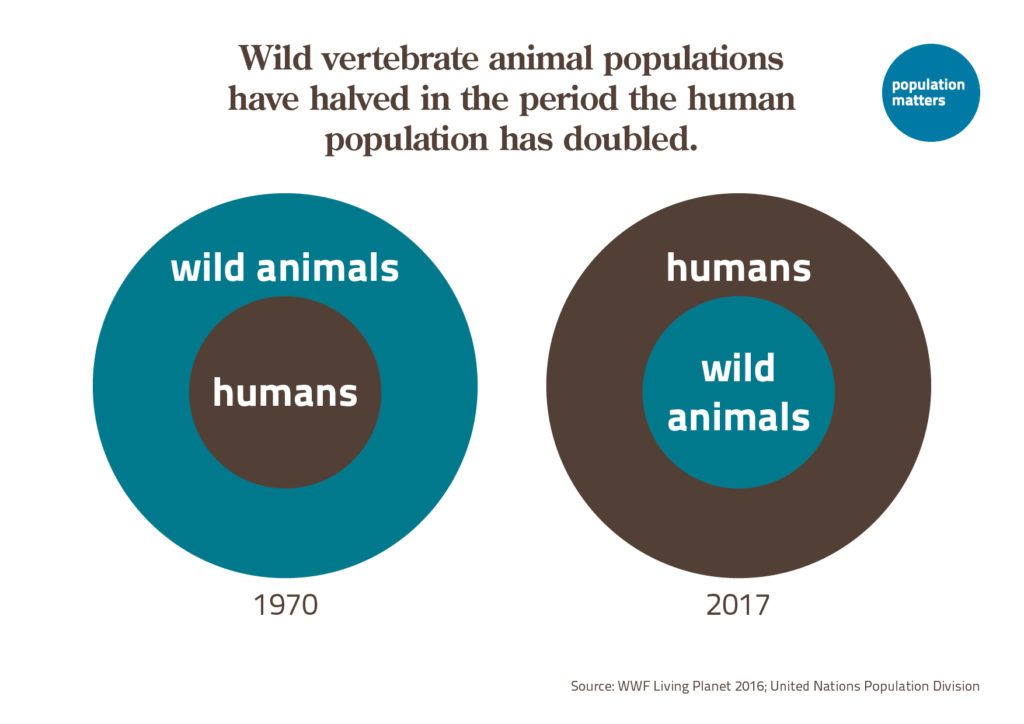

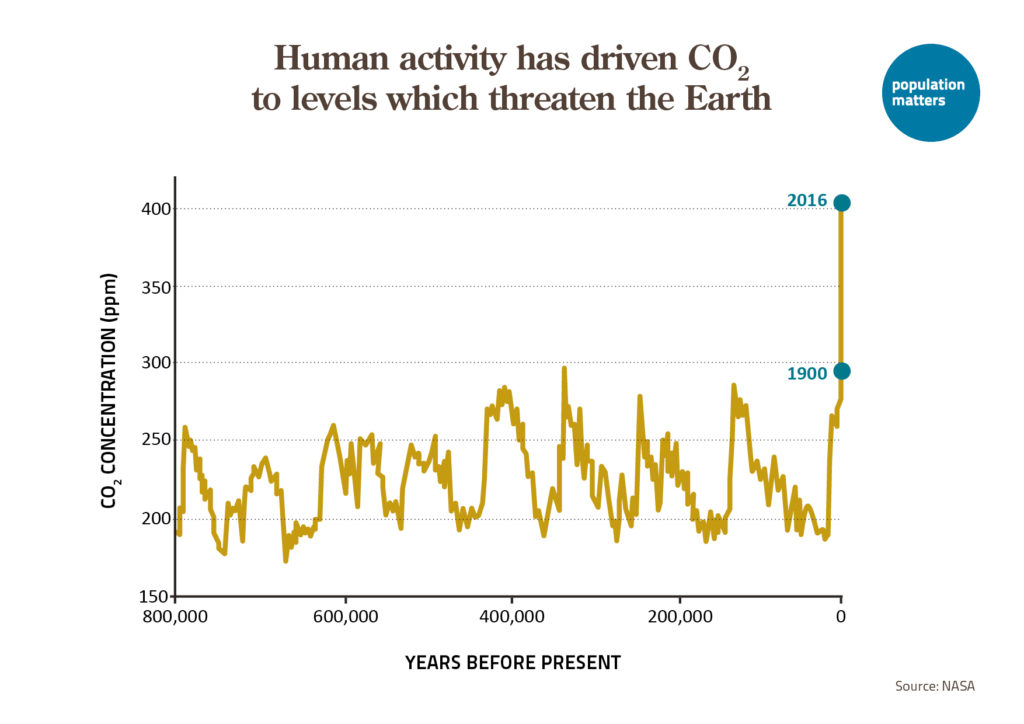
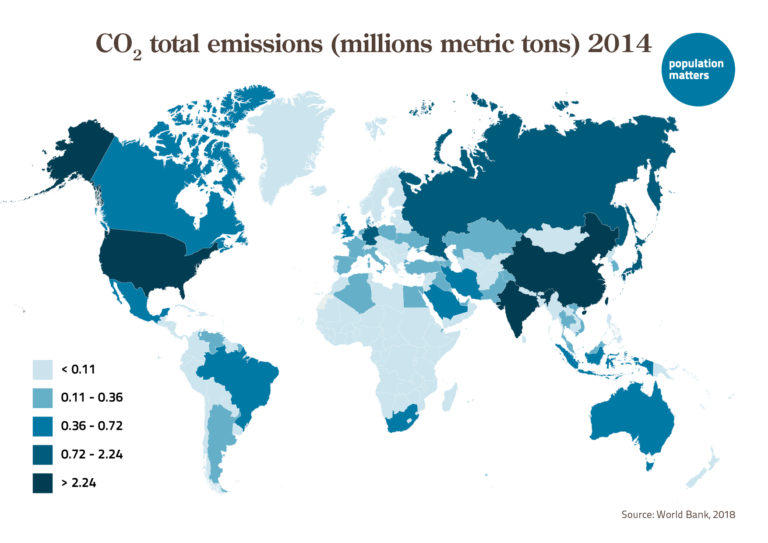

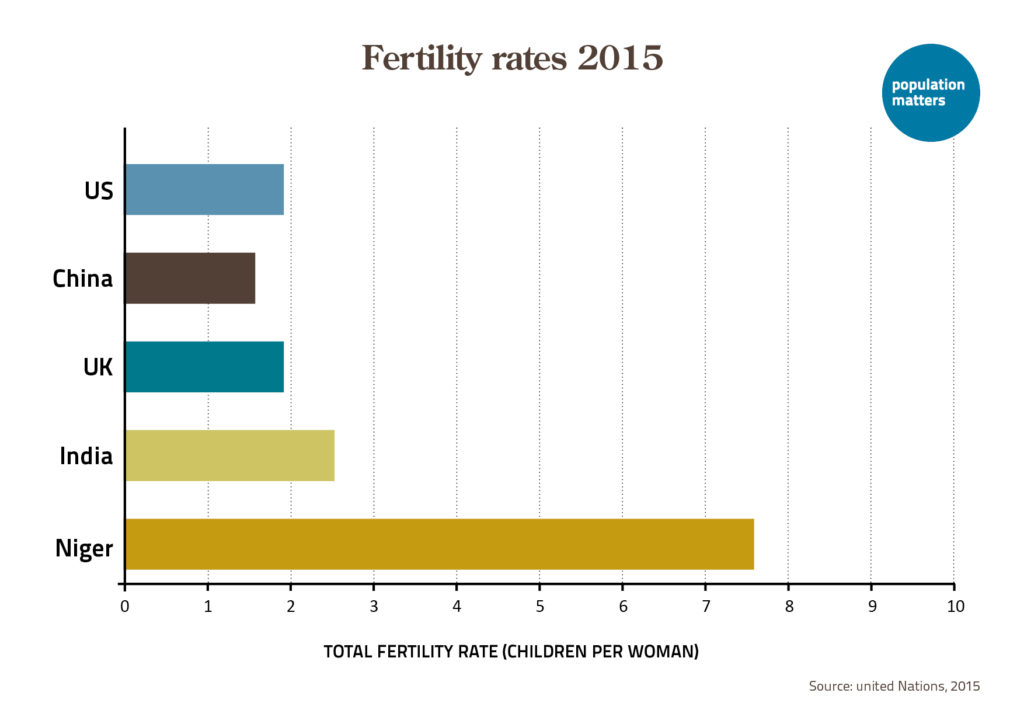
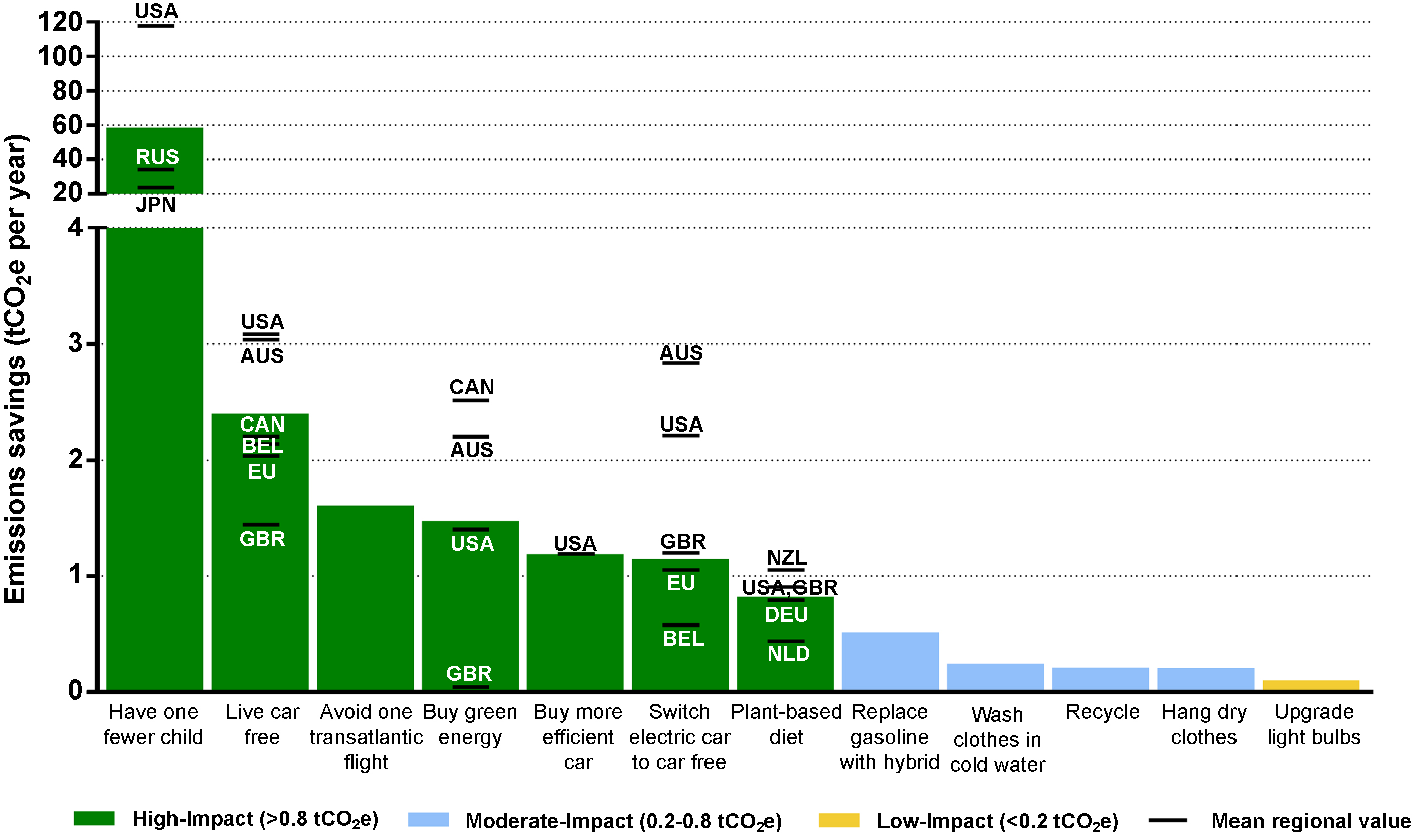



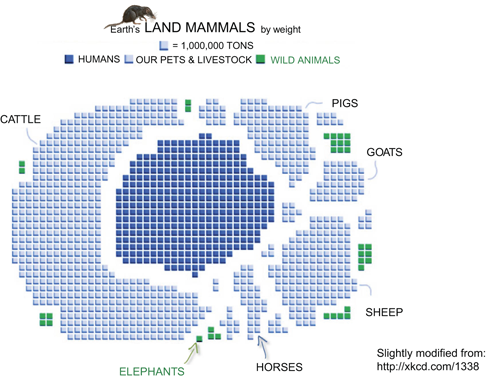

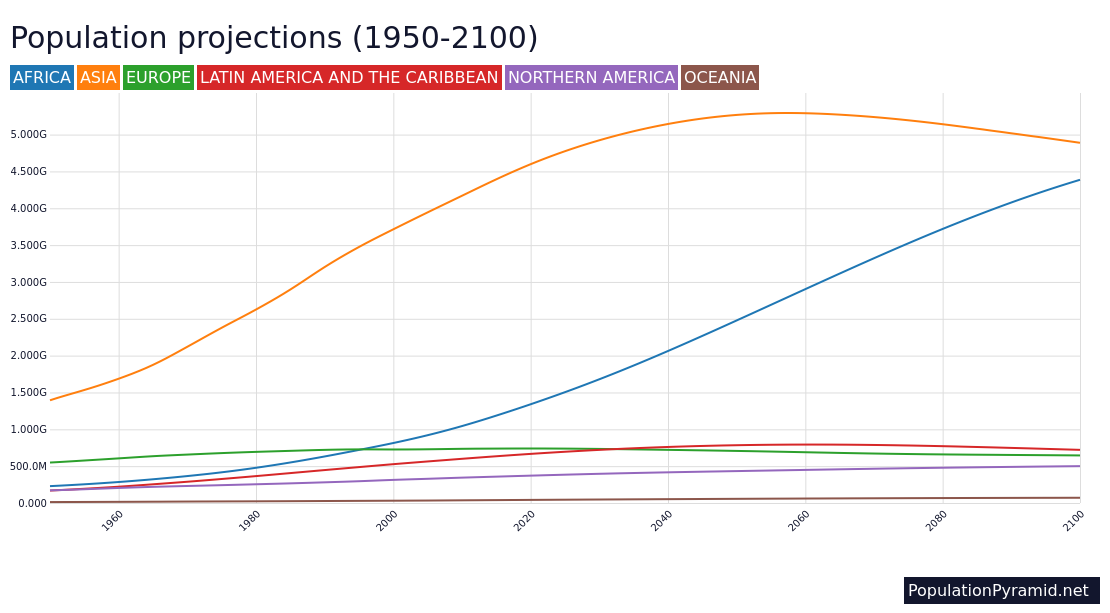
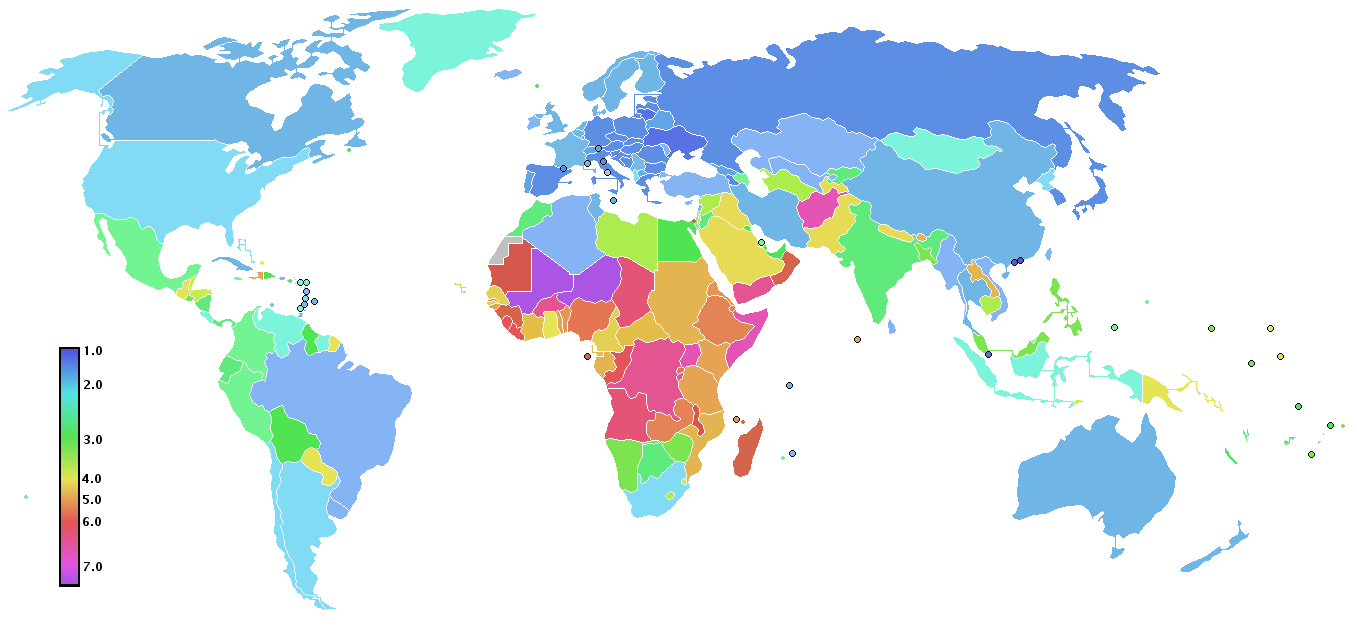
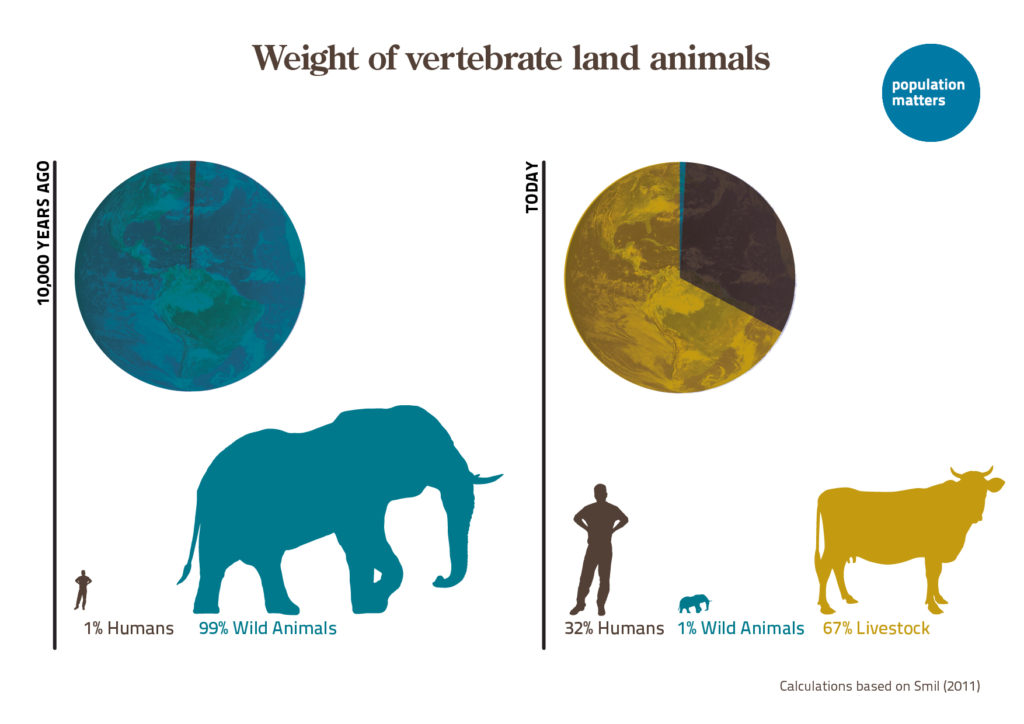

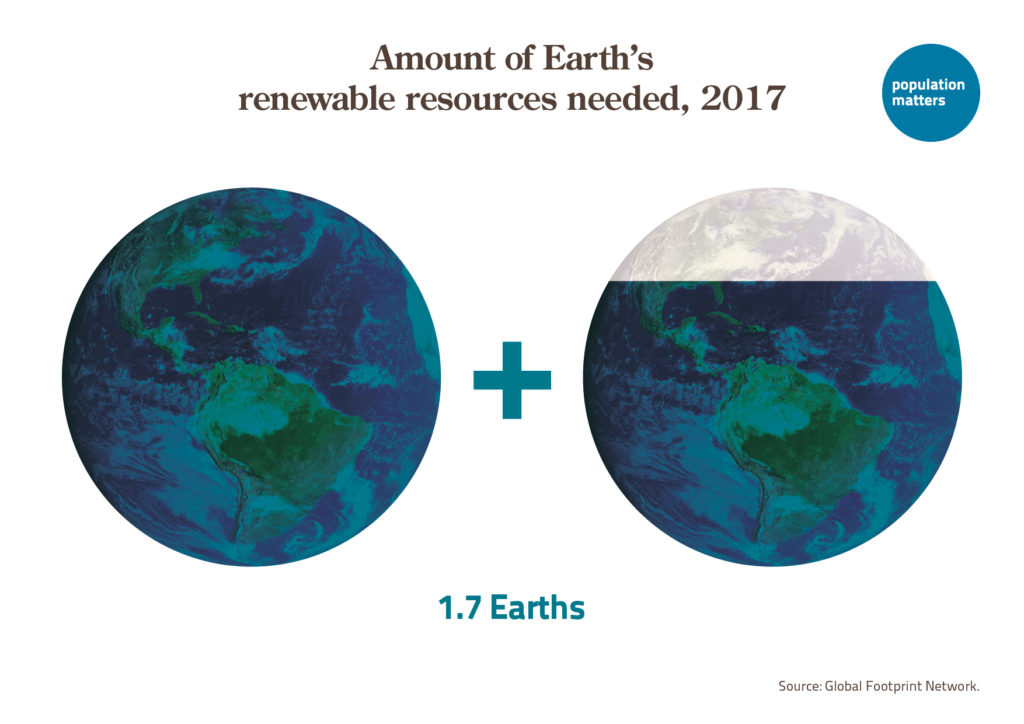


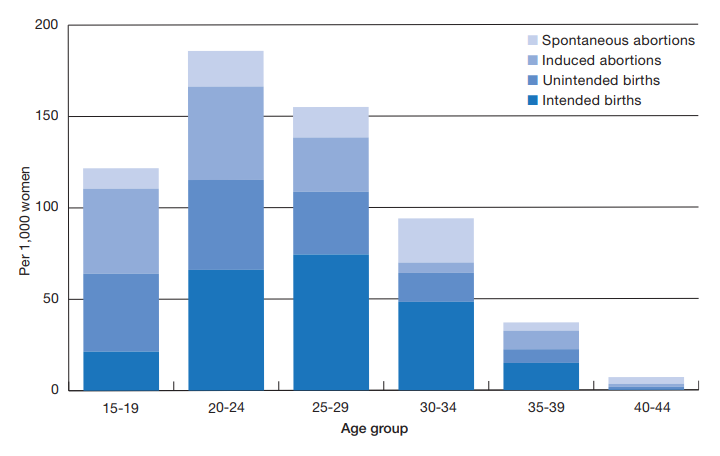
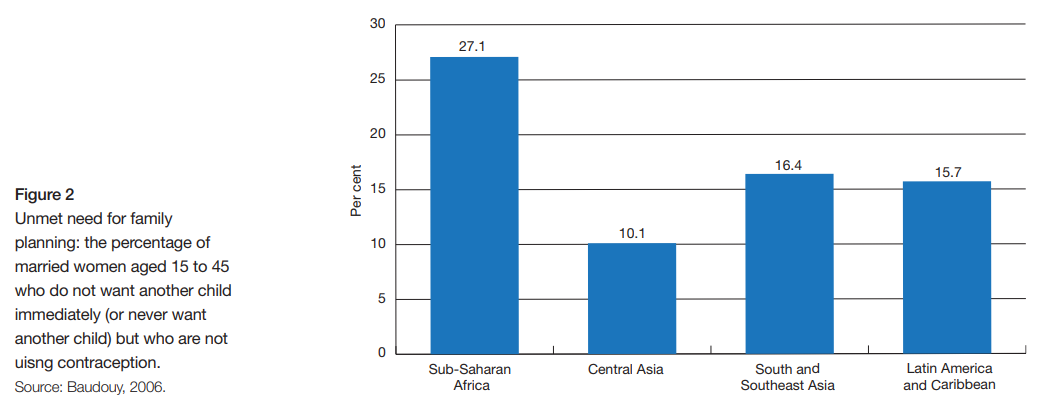
Leave a Reply